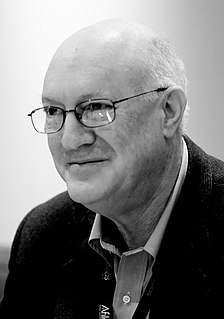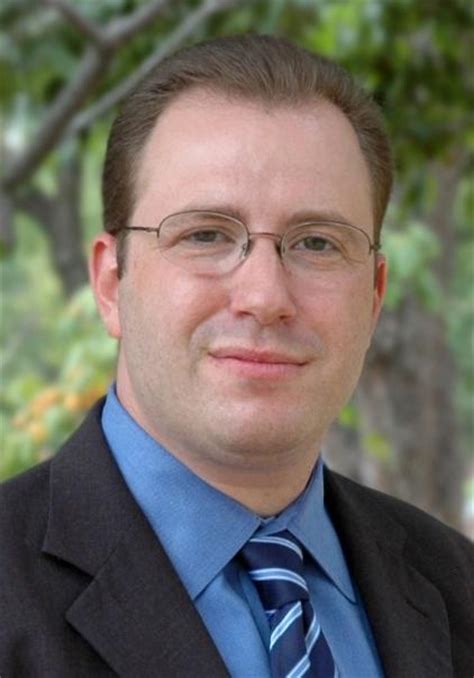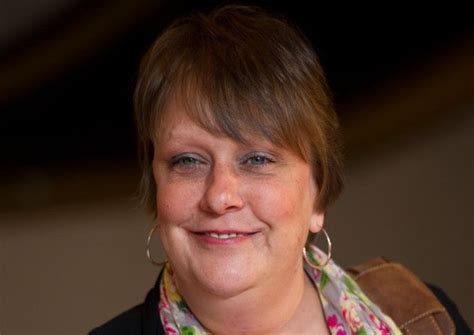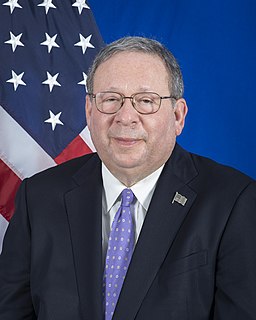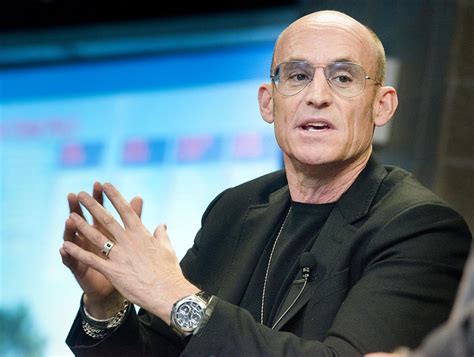Top 1200 Internet Access Quotes & Sayings - Page 3
Explore popular Internet Access quotes.
Last updated on April 23, 2025.
Having access to mobile phones and being able to document your own life brings people together. Technology has a lot to do with how the world is developing at the moment because there are very raw and pure and primal emotions that people are communicating to each other over the Internet. It's like our new feathers, our new face paint. We're still trying to find love and friendship and cool music, but now it's over the Internet.
Before I became the president of AT&T's consumer division, I was running strategy and our internet services, so I was the president of one of the first internet service providers, ISPs, AT&T Worldnet, and running our internet protocol product development as well. So I knew a lot about what was going on with the internet.
Social media is important, but it does not bring down governments. Governments can shut down the Internet. Governments can control media access. If they do what the Tunisians did and try and negotiate with the opposition, then the media's still open, the international community can learn what's happening in the country, and then that can provide inspiration. But in mid-2009, the Iranian regime just shut down the Internet. Facebook went dark. Twitter went dark. BBC Persian, Voice of America, Persian News Network all went dark. That was it.
Everyone should be concerned about Internet anarchy in which anybody can pretend to be anybody else, unless something is done to stop it. If hoaxes like this go unchecked, who can believe anything they see on the Internet? What good would the Internet be then? If the people who control Internet web sites do not do anything, is that not an open invitation for government to step in? And does anybody want politicians to control what can go on the Internet?
